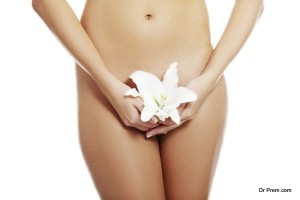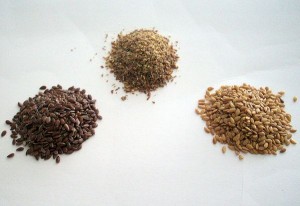Women reach menopause between the ages of 45 and 55. The term refers to the end of menstruation. The ovaries stop preparing and releasing eggs. There is a natural decline of hormones, such as estrogens, progesterone and others. As the hormone level decreases, a number of menopause symptoms arise, that affect the women through varying degrees.
The symptoms may range from mood swings and insomnia to hot flashes and dryness in vagina. Hot flashes can occur at any time of day or night. It is not clear what causes hot flashes. Apart from this, the decrease in hormone level increases the risk of osteoporosis and heart diseases in women.
How to handle menopause
Menopause brings many physical and mental changes in women. However if it is considered to be a natural transition to the next phase of life, it can be handled with ease. Mental attitude has an important role to play in dealing with the challenges faced by women during and after reaching menopause. Getting aerobic exercises, performing relaxation practices, and taking a healthy and nutritious diet, go a long way in handling menopause related problems. After all, it is not a disease, and should not be taken as such.
Herbal remedies
You can try following herbal and natural remedies for menopause:
Black Cohosh (Actaea racemosa, Cimicifuga racemosa) is an herb that reduces the symptoms of hot flashes. Oregon grape and dandelion root are also helpful in dealing with hot flashes, though there is not enough medical evidence to show their effectiveness.
Soybean products such as tofu, soy milk, roasted soy nuts or tempeh help balance hormone levels. There is still research going on to prove their effectiveness, but initial results are promising.
Grind flaxseed and take one or two tablespoons a day. They are important modulators of hormone metabolism. Research has shown that Ginseng (Panax ginseng or Panax quinquefolius) may help in some menopause symptoms such as mood swings or sleep disturbances.
Vitamin C and bioflavonoids may also help in relieving the symptoms of hot flashes. Broccoli, beet greens, citrus fruits, berries, parsley, etc. are rich in vitamin C. White membrane on the outside of the peeled orange and white ribs in a bell pepper are extremely rich in bioflavonoid. Berries are also rich sources of bioflavonoid.








